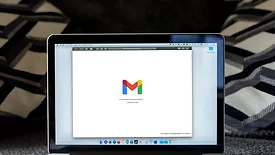Home » Keywords: » IRS
Items Tagged with 'IRS'
ARTICLES
The drawbacks of facial recognition technology
Listen to Tom Thimot, CEO of authID.ai, in the latest Security podcast.
July 28, 2022
Sign-up to receive top management & result-driven techniques in the industry.
Join over 20,000+ industry leaders who receive our premium content.
SIGN UP TODAY!Copyright ©2026. All Rights Reserved BNP Media.
Design, CMS, Hosting & Web Development :: ePublishing









